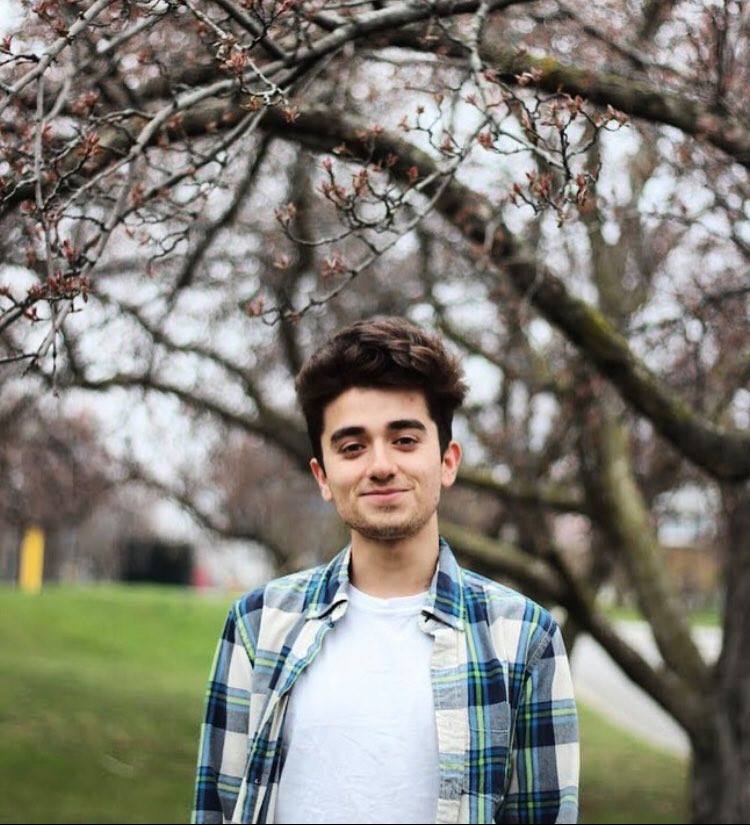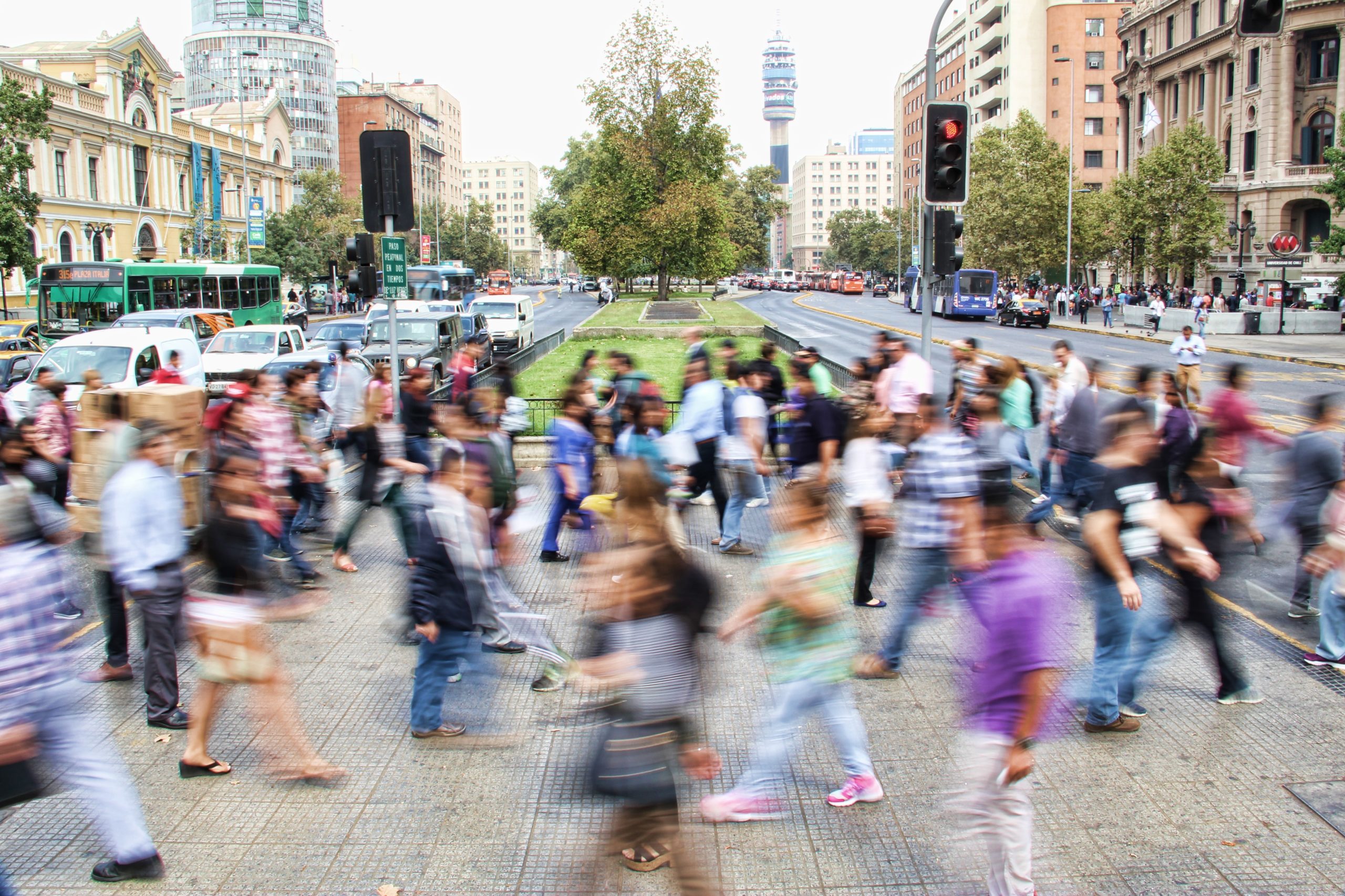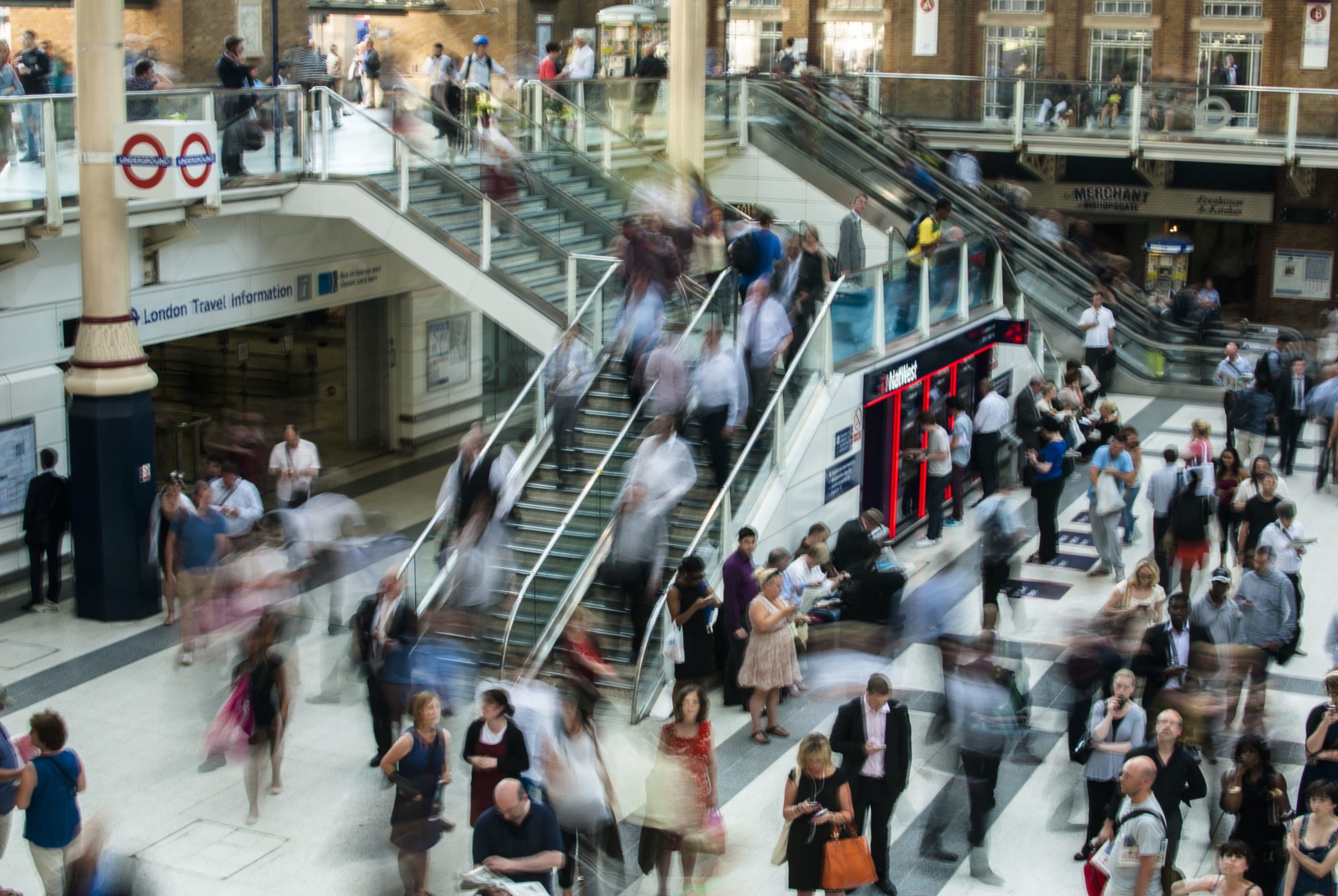
Prachir Pasricha
In this Joining the Dots blog, Canadian graduate Prachir Pasricha reflects on the way COVID-19 has shone a light on the importance of a collective understanding of wellbeing. Prachir Pasricha recently graduated from the University of Western Ontario in Canada after studying Economics and Business. He writes about relationships at his Medium blog.

Several months into quarantine, it can be difficult to remember what life was like pre-COVID-19.
For some of us, the days go by a lot slower in what many call “the new normal.” For others, the pandemic means more time with family and less late nights at the office. But for most of us — whether we realize it or not — it means giving more thought to others’ well-being than ever before. Not just that of our families and friends, but of our neighbourhoods, cities, and countries at large.
The pandemic is perhaps one of the most explicit examples we’ve seen in years of how my well-being is dependent on your’s, and vice-versa. Our connection is relatively easy to grasp; it’s immediate, it’s causal, and it’s on a biological level. If I get the virus, so can you.
What’s less easy to recognize — and therefore to understand and appreciate — is how this was the case long before COVID-19 came along.
In his book Tribe, Sebastian Junger highlights a defining feature of modern society:
“A person living in a modern suburb or city can, for the first time in history, go through an entire day — or an entire life — mostly encountering complete strangers.”
Take this one step further, and you realize that a substantial part of our daily lives actually requires no interaction with another human being at all. With water flowing readily through our taps, heat and light available at the flick of a switch, garbage and mail that’s there one day and gone the next, self-serve checkout at the grocery store, and information available on our screens at our fingertips, the norms and structures of our day-to-day experience collectively create a powerful illusion of independence and self-reliance. As we stand beside each other in elevators, hurriedly pass by each other on the street, and drive amongst each other in our cars, it seems like by and large, your life doesn’t affect and isn’t affected by mine. (This experience is far from being universal, and applies mostly to affluent Western societies.)
The reality of living in the midst of a global pandemic has pulled back the curtain on that illusion. From supply chains being disrupted to thousands of businesses having to close their doors, it’s becoming increasingly clear how our individual lives look a whole lot different without the contributions of hundreds — even thousands — of human beings across the globe.
But this hasn’t always been the case. In our hunter-gatherer days, when humans lived in small, nomadic groups that worked together to collect their food, your tribe wasn’t just your community. It was the group of people you relied on for survival. Food, clothing, leisure, medicine — these were all wrapped up in the same 20–200 people.

So what’s changed?
As our ways of organizing ourselves grew bigger and bigger, and as capitalism and globalization ensconced themselves around the world, our social and economic ties were stripped away from each other. In the modern world, the people we care about — our family, our friends, our partners — and the people that make our lives possible are no longer one and the same. The chasm between our day-to-day experience and reality of how interdependent we are may seem like an unfortunate but necessary side effect of progress. I’d argue that it’s more serious than that.
In our social relationships, we’re expected to care — to listen, to empathize, and to provide support in difficult times. Our economic ties — facilitated by the exchange of money for goods and services, neutralizing the need for anything else — are quite the opposite. When what’s expected of us as human beings in one arena is vastly different than the other, the stage is set for the two to be pitted against one another.
Look no further than the demands to reopen the economy, the failures to abide by social distancing, and the general acts of apathy that we see online to understand what this can do to a society. After all, I may not know or care about you or your physical health, but I do know that I can’t get a haircut if you don’t come to work. Or buy new clothes. Or watch a movie.
Of course, one could argue that the majority of us don’t think this way. In our kind, empathetic, and compassionate eyes, it’s obvious that if you have the virus, you can’t come to work and play your role in society. Your health should be your top priority. But if having a virus hinders a person’s ability to be and bring their best selves to a society, what about their access to adequate healthcare? Or being paid equally? Or having food security?
The reality is that COVID-19 is just one of the brighter spotlights on this complex web of relationships that make up our world.
But for many (ironically, particularly those we now call “essential workers”), COVID-19 is simply the latest ingredient swirled into the concoction of issues that already plague their lives — issues that fail to meet human needs across the spectrum, from basic ones like access to food or clean water, to deeper ones like a sense of purpose or community.
We just don’t realize how these affect us as much, and for a host of reasons; we don’t physically see the people affected by them, we don’t have the time to think about them, or we’ve simply gotten used to them.
But in a globalized, atomized and busy society— one in which our garbage is shipped to other countries, the people we live next to are foreign to us, and our clothes and food travel thousands of miles to get to our doorsteps— it’s no wonder we fail to see (and, quite frankly, be appalled by) the bigger picture.
The discomfort that many people are feeling as we live through a global pandemic— anger at the government for not reopening the economy quickly enough, frustration with workers who are simply enforcing basic safety guidelines, and hatred towards other countries — stems (in part) from coming to terms with a reality that runs contrary to a notion deeply rooted in and fostered by many societies: I need you, and you need me. It’s deeply unsettling for many to recognize that, despite all of our rights and freedoms, we exist in a tapestry of connections that weave together the world in which we live.
The reality is that interdependency has, does and will play a role in what it means to live a good life. It wasn’t brought on by COVID-19, and it won’t go away when the pandemic subsides either. Instead, it’s been exported across the globe, separated into the social and the economic, and furiously fought against by companies that tell us that things are what make our lives healthy and happy (despite extensive research suggesting otherwise).
This isn’t to suggest a return to our primal ways of living, or to simply erase how we organize ourselves and run the world. But it does bring into question whether we can recognize, come to terms with, and act upon the value of a more collective approach — the idea that more for you can also mean (directly or indirectly) more for me, and that everyone does better when everyone does better.
To some, this means coming together to advocate for a livable wage that ensures a minimum standard of living for all. To others, it means designing our cities in ways that foster interactions and relationships between their communities. And for others, it means recognizing the importance of community care to change how we think about individual wellness.
Many claim that the last thing a post-COVID-19 world should be is a swift return to what life was like before. I would agree with them. This notion that I — through my hard work, my freedom, and my perseverance— will live my best life is fundamental to the story many of us are told. This pandemic is bringing that story in for interrogation. The recipe — I hope, we are realizing — isn’t quite complete. Maybe it’s time we recognize that. Not just in our hearts, but through how we treat workers, how we educate children, how we come together in community, how we provide healthcare, and how we go about our daily lives.
